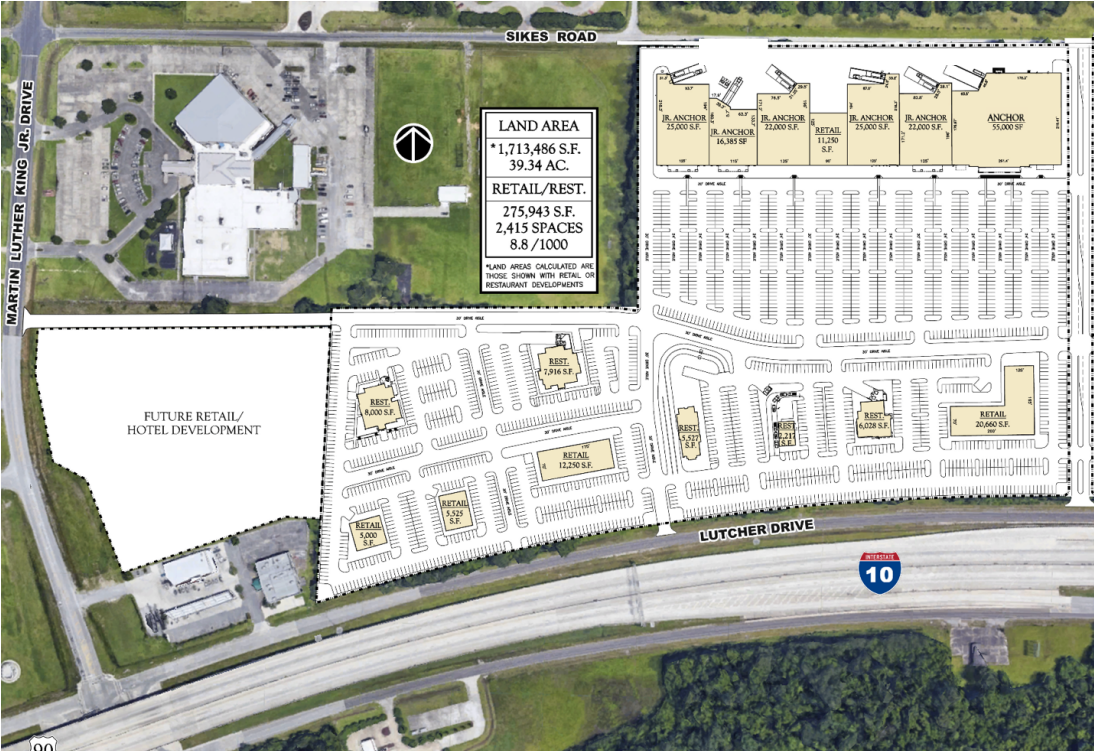Family and Friends Helped Wounded Warrior
Published 8:37 am Wednesday, October 7, 2015
By Daniel J. Vance MS, LPCC
The story and message of Retired Army Sgt. First Class Michael Schlitz, of Fortson, Georgia, is far too important. So you will read about Schlitz again next week.
On February 27, 2007, Schlitz was helping clear a road of roadside bombs in southwestern Baghdad with other members of the 4-31 Infantry, Second Brigade, 10th Mountain Division from Fort Drum, New York. Their clearing the road was necessary for other forces to do their missions.
Trending
Said 38-year-old Schlitz in a telephone interview, “When the (roadside) bomb went off, I remember hearing the boom, being thrown from my vehicle, hitting the ground, and stopping rolling. My first instinct was to run back to the vehicle to check (on my men). As I got closer I realized I was on fire myself and could feel the flames on my face. Instinct took over. I rolled but the intense heat locked up my body. I just laid face down on the ground burning alive. People always say thoughts come over you at that moment. The only thing I could think of was of dying to death in Iraq.”
He continued, “I could hear my guys yelling for me. As they sprayed me with a fire extinguisher, two things came over me: the physical relief of the fire extinguishers relieving the extreme heat and the mental relief of not dying on the ground in Iraq.” Schlitz was the sole survivor of his vehicle carrying four. Perishing were his driver, Cpl. Lorne Henry Jr., gunner, Sgt. Richard Soukenka, and medic, Sgt. Jonathan Cadavero.
He said, “I had third degree burns over 85 percent of my body, the loss of both hands, loss of vision in the left eye, and pretty much limited range of motion. Just a couple weeks ago I had my eighty-fifth surgery. Not that you should compare your injuries to others, but I feel lucky given mine are physical and I can adapt. I’m lucky I don’t have traumatic brain injury or post-traumatic stress disorder. Those guys can’t find new ways to do things. In the big scheme, I’m lucky because my injuries are physical.”
What got Schlitz emotionally through his ordeal was having a family that visited and a “huge” social network of military “brothers.” Schlitz said soldiers with newly acquired disabilities sometimes don’t have family or close friends visiting, and thus have a more difficult recovery.
Facebook: Disabilities by Daniel J. Vance. [Sponsored by Blue Valley Sod and Palmer Bus Service.]




